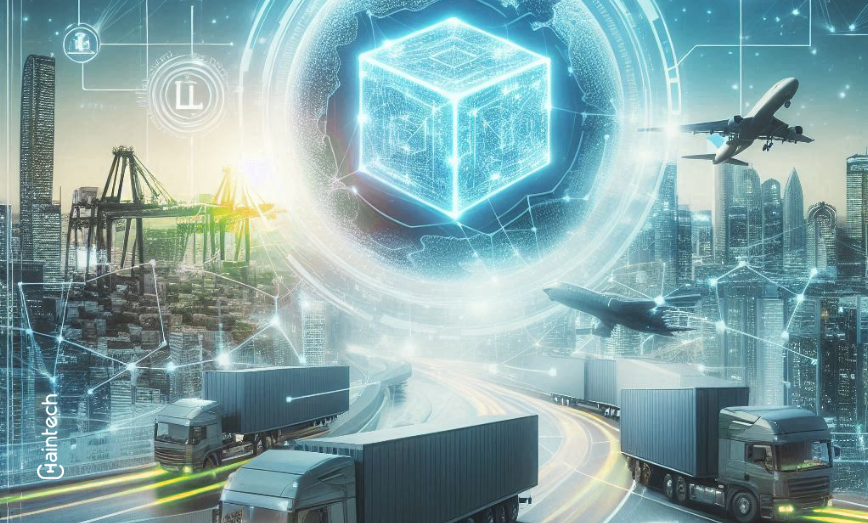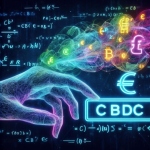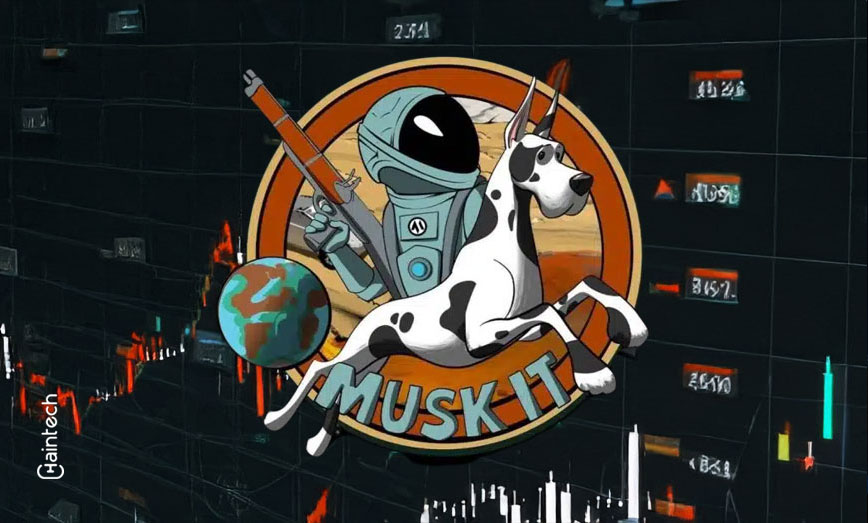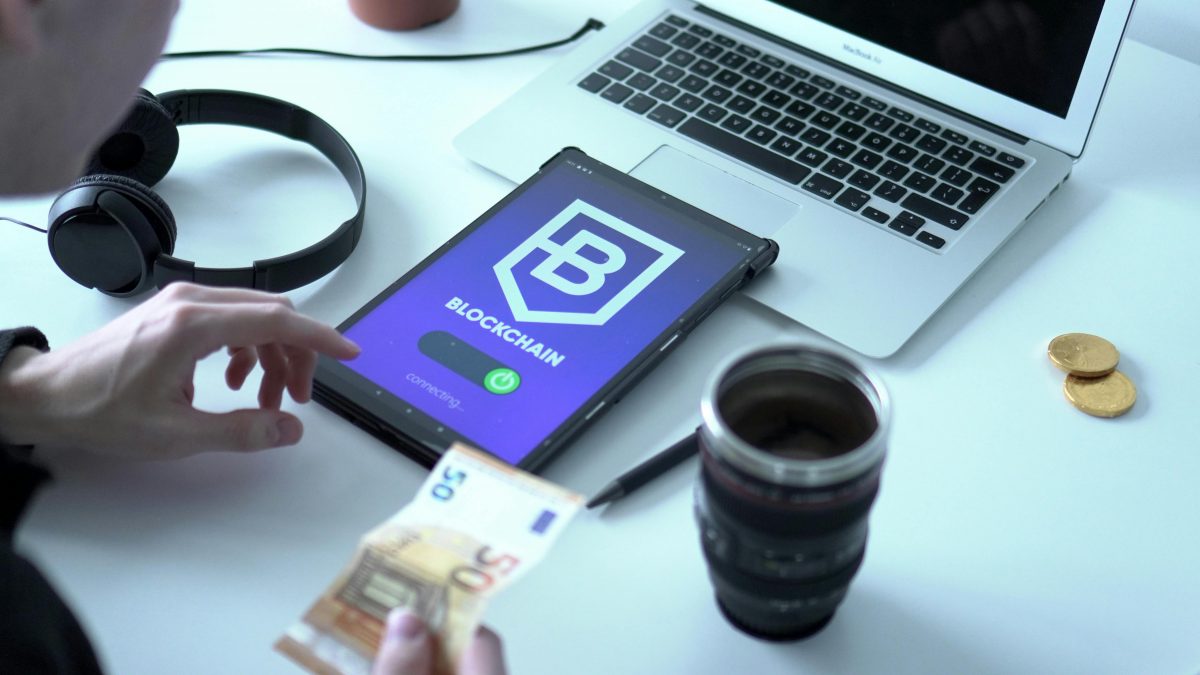How Blockchain Can Solve Supply Chain Transparency Issues

Ever asked yourself how companies ensure the products they sell in the market are not imitations? In today’s day and age, where supply chains are long and complex, tracking an item from its production state to its final state can be challenging. Here’s where blockchain technology comes in to make things easier. Thanks to blockchain, supply chain management is becoming more intelligent.
Companies that require monitoring and tracing each item distributed across the supply chain are in luck; blockchain is revolutionizing the entire industry. This technology not only improves the effectiveness of operations.
Many people appreciate what is being offered and what they are spending their money on, which improves the ability of organizations to detect fraud, provide shipment tracking, and decrease the likelihood of delays. Keep reading to learn more about how blockchain can create a safer and more transparent marketplace to enhance supply chains.
How blockchain improves the traceability, efficiency, and transparency of supply chains
- Improvements in Traceability: They allow one to constantly monitor the position of every object throughout every level of the supply chain process.
- Enhancements in Efficiency: Integrating automated record-keeping is beneficial as it improves the speed and cost associated with supply chains.
- Dependable Transparency: This feature ensures that trust is developed as all players have access to confirmed details.
What’s the importance of supply chain transparency?
The supply chain is a union of different companies.
Picture this: manufacturers, suppliers, warehouses, and retailers—all under the umbrella with a common aim of delivering products to customers. With many stages in the process, however, it is quite probable that information may be smeared or lost in the various processes.
Where a clear picture of the product’s operations and the longer journey would support the consequences, in some cases, mistakes and delays or even frauds come into play and occur. This is where blockchain comes into play, largely eliminating those issues by allowing the only people involved in that process to have access to information that is valid at that point in time.
As an illustration, if a manufacturer provides electronics to a retailer and the manufacturer needs a bank loan in order to make those electronics, each of these parties, without some sort of overall tracking mechanism, may well be telling different versions of the story. Thanks to Blockchain, all participants read the same information. The disparities do not exist.
Only one version exists, and it is true: ‘In Blockchain trust, anybody can see it, and everybody who is supposed to have participated trusts it. ‘ Where this is the case, if anything goes wrong, the time-stamped record can easily point out from the attached data on the blockchain where the wrong turn was made.
The records of this last technology are also helpful when dealing with the API, food or anything that is sensitive to the quality or safety of the final product.
How Blockchain Enhances Supply Chain Traceability
Blockchain’s ability to track items precisely at each stage is perhaps its biggest advantage. Here’s how some companies are using blockchain to improve traceability:
| Company | Industry | Blockchain Use | Benefit | Result |
| Walmart | Retail | Food tracking | Quicker recalls | Reduced food safety risks |
| IBM | Tech | Fresh produce tracing | Tracks freshness | Maintains quality |
| Procter & Gamble | Consumer goods | Product Authenticity | Prevents counterfeiting | Builds customer trust |
| Pfizer | Pharmaceuticals | Drug tracing | Compliance with safety laws | Safer drug supply |
| Hayward | Manufacturing | Inventory management | Streamlines production | Cuts costs, reduces delays |
Blockchain’s traceability advantage means companies can identify the origin of each product, its handling process, and even conditions like temperature during transport. This level of detail helps companies make faster decisions, protect consumers, and resolve issues quickly.
For instance, if a grocery store finds an expired product on its shelves, the blockchain record can show whether it was a storage problem, transportation issue, or mismanagement at a previous stage.
Simplifying data with blockchain
Modern supply chains hold considerable amounts of information, including but not limited to, details on stock and sales, shipping, as well as finances. Here’s where blockchain technology comes into the picture, as it enhances the process by providing one updated record that all participants are able to see and edit.
The reliance on external audits or inspections for the purposes of confirming information is eliminated by blockchain technology. This saves companies both time and money.
Here are some other ways blockchain makes data handling easier:
- Single Record of Truth: Everyone has access to the same, verified information.
- Reduced Need for Audits: There is less need for time-consuming inspections and third-party verifications.
- Fewer Errors: Automated updates help reduce manual mistakes in recordkeeping.
- Cost savings: eliminates the need for multiple ledgers, cutting administrative costs.
- Faster Response Times: Real-time updates enable quick decisions.
- Trust Among Partners: Companies can share information without fear of tampering.
Blockchain’s straightforward approach to data also reduces errors. Instead of relying on multiple separate databases that don’t always match, companies have a shared, reliable view of every detail, from raw materials to final products.
Did you know?
Smart contracts on a blockchain can release payment once the conditions are met, thus saving all the time and errors
The role of smart contracts in supply chains
One of blockchain’s most innovative features is the smart contract. These are digital agreements programmed to execute automatically once conditions are met. Imagine a retailer and supplier agreeing to a contract: once the goods are delivered, the payment is released. Smart contracts make this process seamless by automatically confirming delivery and initiating payment based on blockchain data.
But smart contracts go beyond just payments. They’re also useful when monitoring goods, controlling the number of the stock, and even controlling the quality of the product. For instance, if for some reason the product’s temperature during transportation moves beyond a certain limit, a smart contract may send notifications or take action as required.
Companies benefit in multiple ways:
- Automatic Payments: No delays or errors in payments.
- Efficient Tracking: Monitors product conditions throughout the supply chain.
- Customizable Terms: Smart contracts can be tailored for specific industry needs.
- Enhanced Security: Reduces human error and protects against fraud.
By removing the need for middlemen and manual checks, smart contracts bring speed and security to supply chains. Plus, they’re easy to adjust as business needs evolve.
These smart contracts prevent human errors that can expose a business to fraud, enhancing security
Retailers such as Walmart are also enjoying the benefits of blockchain in areas such as food safety. As a result of blockchain technology, they now only require seconds rather than days to trace a food product to its source. Quick traceability responses reduce the likelihood of health hazards and help prevent outbreaks through the rapid retrieval of tainted products.
Did you know?
Can you believe that in seconds, blockchain technology can trace a product back to its source?
Blockchain: The way of the upcoming transparency in the supply chain systems
The use of blockchain technology through smart contracts ensures supply chain support is always available and remains immutable. This enhances trust across all nodes in the supply chain network. This evolution assists crucial sectors such as retail, pharmaceutical, and manufacturing run efficiently by increasing traceability, efficiency, and security.
There will most likely be increased adoption in the coming years as businesses face customers who are increasingly concerned about sustainability and transparency, creating and implementing equally transparent and trustworthy supply chains.
There is no denying that blockchain is still in progress, but the possibilities it has for supply chains are limitless, allowing for the most effective transparency solutions to date.
FAQs
1. In what ways can blockchain technology increase supply chain visibility?
With blockchain technology, it is possible to maintain a single, unchangeable record that contains all transactions in the supply chain, This enables all parties to monitor where goods are shipped in real-time, which encourages minimal fraud and errors.
2. Can you fight counterfeiting in supply chains with the help of blockchain?
Indeed, Boston College provided a blockchain technology perspective that focuses on uncovering the truth about goods by tracking their sources and thwarting fake ones from getting into the supply chain. This is very helpful in areas such as the pharmaceutical industry and the luxury market.
3. Describe a smart contract. How do smart contracts operate in supply chains?
A smart contract is a system in the blockchain ecosystem where if specific conditions are satisfied, subsequent actions that have been predetermined will follow and be executed automatically. In the article we discussed previously, smart contracts automate execution of payments, update and monitor shipment status, and maintain quality standards.
4. Would blockchain be worth it only for large companies?
No; any firm can generate an economy with blockchain networking. In the instance of smaller firms, it evens the playing field in global supply chains because it provides low-cost alternatives for data accuracy, transparency and efficiency issues.
5. What makes blockchain different from ERP systems in terms of its application in supply chains?
On the one hand, ERPs handle data in bulk internally within firms, but on average, their application is indirectly limited to single firms. Blockchain links all participants in a supply chain, eliminates the middleman, and creates a single point of truth for all the parties.









